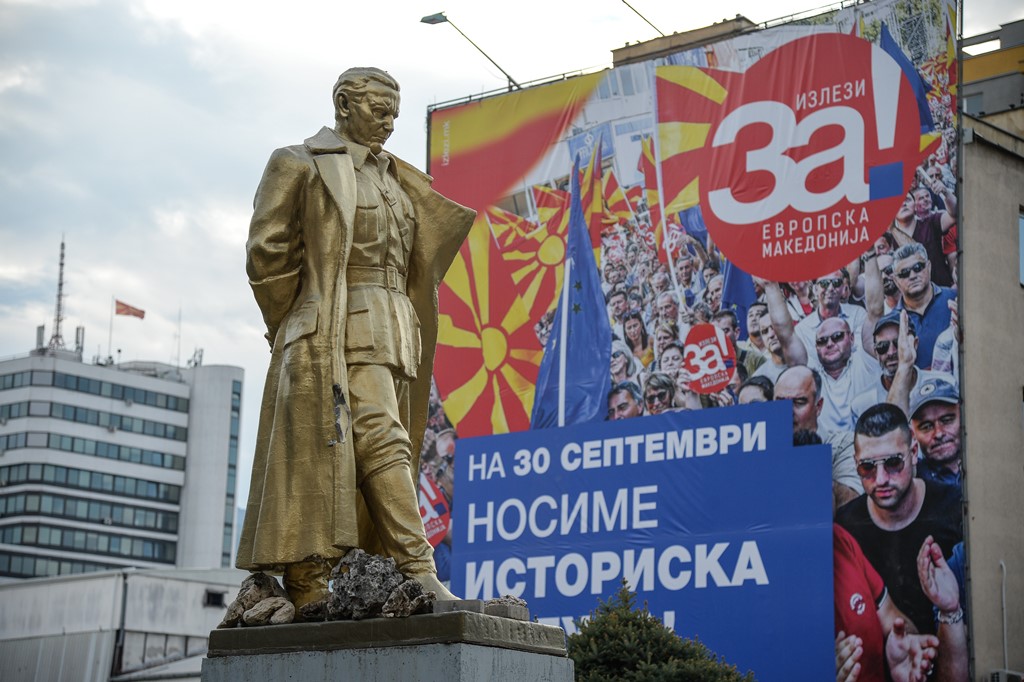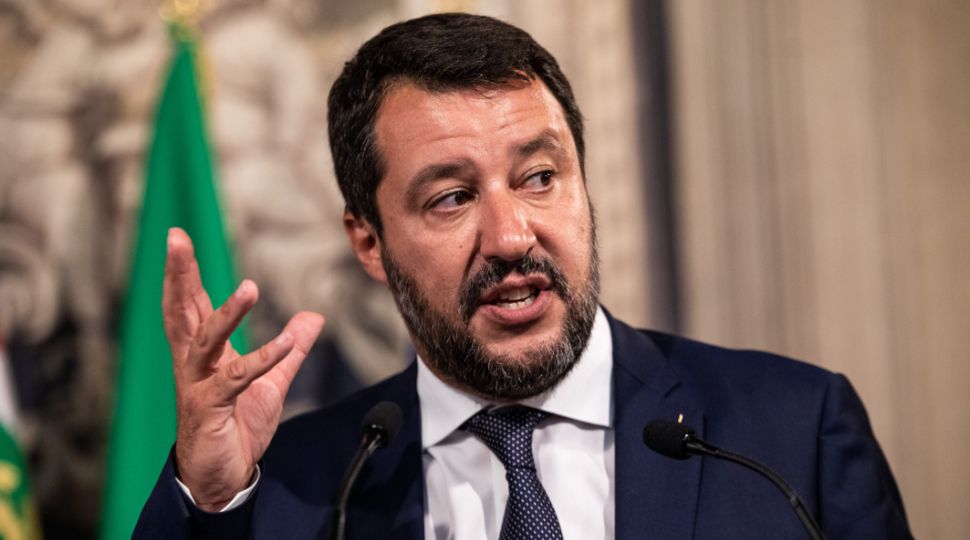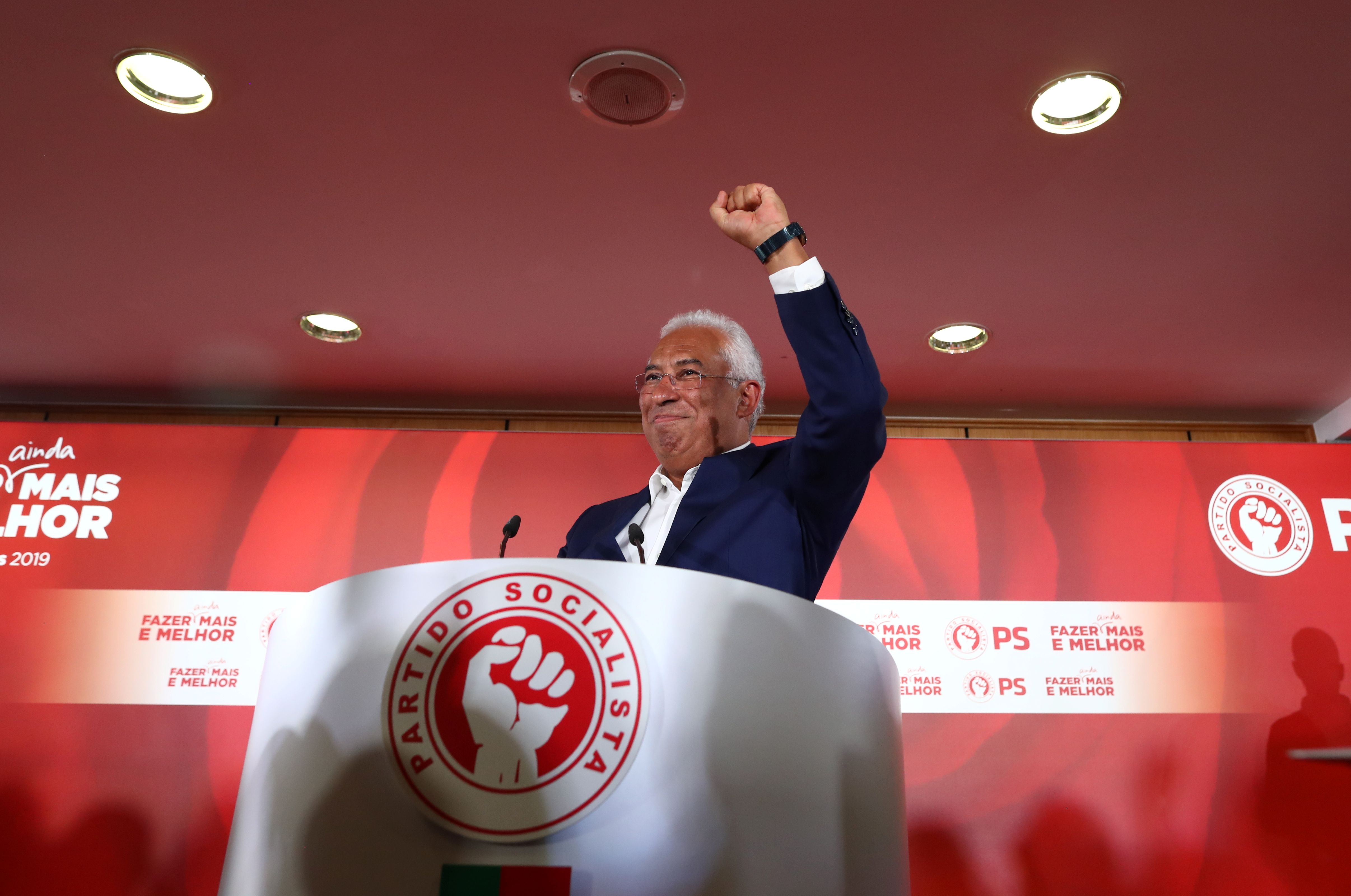The Centre-Right Returns to Power in Greece

The other parties that gained seats in parliament were the Greek Communist Party (KKE), with 5.3%, the right-wing Greek Solution, with 3.7%, and the left-wing MERA25, with 3.4%. The neo-fascist Golden Dawn did not pass the 3% threshold. Electoral law grants the winning party 50 additional mandates. Consequently, ND took 158 seats in the 300-seat parliament and could form a majority government headed by its leader, Kyriakos Mitsotakis.
Why New Democracy Won
The party attracted voters tired of austerity, a policy implemented by the cabinet of Alexis Tsipras. Under his rule, Greece has stabilised its public finances and has pulled out of recession. GDP growth in 2018 stood at 1.8% compared to –0.4% in 2015, and the state budget has recorded primary surpluses since 2016. But these have not been sufficient to cover the cost of servicing Greece’s public debt, which increased from 176% of GDP in 2015 to 181% in 2018.
The fiscal improvements were mainly the result of increases in VAT and property taxes, but the measures provoked discontent. Unemployment has also weighed on the public mood. Even though joblessness has decreased by 6 percentage points since 2015, it remains high at 18% overall and 40% among youth. According to the Eurobarometer from spring 2019, 76% of Greeks consider their country is going in the wrong direction.
In the campaign, ND focused on promoting tax cuts and streamlining bureaucracy. These ideas enabled it to gain new voters, particularly among entrepreneurs and property owners. ND also consolidated the right-wing electorate by criticizing the government’s decisions to reduce financing of the Orthodox church from the state budget and to grant Greek citizenship to the children of migrants.
ND also attracted voters dissatisfied with the agreement concluded by the Tsipras government over Macedonia. The “Prespa agreement” put an official end to the dispute that dated back to the early 1990s over the name of this neighbouring country, which was the same as a region in northern Greece. As a result of the accord, Macedonia changed its name to North Macedonia. Greece then recognized this name along with the existence of the Macedonian nation and language. The government also pledged to abandon blocking North Macedonia’s accession to NATO and the opening of accession negotiations with the EU. According to opinion polls, 65-68% of Greeks are against the agreement. ND strongly criticized the deal, but after its ratification by parliament, Mitsotakis declared that he would not attempt to annul it. He stressed, however, that he would closely supervise the implementation of the accord by North Macedonia, especially as regards compliance with agreed trademarks.
Challenges for the New Government
ND hopes that cutting taxes, improving collection, and eliminating red tape will energise the economy and attract foreign investors. A positive reaction from the financial markets to the centre-right’s victory lends some credence to these goals. The spread between Greek and German 10-year bonds closed to 243.5 basis points, the best it’s been in more than nine years. However, lowering taxes may entail a drop in budgetary revenues and, consequently, lead to cuts in public spending, which may provoke further public discontent. Meanwhile, the list of government commitments is growing. A recent Greek Supreme Court decision means that former civil servants must be compensated for the significant reductions in pensions that they accepted between 2010 and 2015.
Implementation of the new government’s plans will require approval from the EC and the euro-area member states. Within the framework of “enhanced surveillance” adopted in 2018, the Greek government committed to generate a high primary budget surplus—3.5% of GDP before paying interest on loans. Meeting that obligation is a condition for the payment of subsequent tranches of financial assistance planned until 2022 (for example, the amount paid in April was €970 million). Mitsotakis’s economic plan entails a reduction of the surplus, which may raise concerns among Greece’s EU partners. In May, the EC assessed the reduction of VAT and bonuses for pensioners paid by Tsipras’s government as a threat to the long-term fiscal policy goals. The new prime minister will have to convince the other eurozone members that his strategy will stimulate economic growth and will not jeopardise the reduction of Greek public debt. Here, the ND government could use the example of Italy, which persuaded the EC to abandon the launch of the excessive deficit procedure despite high public debt and tax reduction plans. The new prime minister’s integration-friendly attitude and ND’s membership in the European People’s Party will strengthen his case. However, negotiations with the European partners, especially with the German government, could be hindered by the demand of reparations for the First and Second World Wars, formulated by the Tsipras government in June and supported by ND.
Mitsotakis also will be looking for EU support in Greece’s dispute with Turkey regarding the extraction of oil and gas off the coast of Cyprus. The appearance of a Turkish drilling vessel near Cyprus provoked protests by the Cypriot government, supported by Greece. At its June summit, the European Council condemned Turkey’s actions, considering them illegal. However, the government of President Recep Tayyip Erdo?an announced that it would continue its activities, citing the legal claim of the rights of Turks living on the island of Cyprus to benefit from its natural resources.
To win the centrist electorate at home and improve its credibility in the European arena, Mitsotakis is trying to burnish his image as a liberal reformer. He will, however, have to show that he has managed to change his own party and eradicated the nepotism and corruption that contributed to the failure of previous ND governments. Meanwhile, his new government features several politicians who played important roles in the Antonis Samaras cabinet of 2012-2015.
Conclusions
ND has rebuilt its position as the leading right-wing party. A similar role on the left will be played by Syriza, which, despite implementing tough austerity measures, has maintained significant popular support. Since the 2015 election, the party has lost only 7% of its 1.9 million voters. Should Mitsotakis’s plans fail, Syriza may return power. The socialists, dominant on the left before the crisis, in their new incarnation (KINAL), will try to establish themselves as a centrist party to attract moderate voters away from ND and Syriza.
The liberal nature of Mitsotakis’s reform agenda will probably enable him to persuade the EC to accept at least some of it. However, the EC’s concessions to Greece may strengthen the resistance of northern European states to closer integration of the euro area. At the same time, if Mitsotakis’s plans fail—especially if combined with an economic downturn in Italy, which is pursuing a similar policy line—the situation in Greece may aggravate the eurozone’s problems and, consequently, negatively affect the condition of the Polish economy, which is closely connected to the euro area.
Eager to strengthen the image of Greece as a predictable EU partner, the new government will try to avoid increasing tensions in relations with Germany, mainly over war reparations, and with North Macedonia. If in autumn, France and the Netherlands, the main opponents of EU enlargement, agree to start accession negotiations with North Macedonia, Greece will follow suit. Opening accession talks will not deprive Mitsotakis of means to put pressure on North Macedonia regarding the full implementation of the Prespa agreement. In addition, it can help Greece obtain support from the EU in the growing dispute with Turkey in the Aegean Sea. The new prime minister, like his predecessor, will try to use that conflict to turn the electorate’s attention away from the Macedonia issue and boost his credentials as the defender of national interests.






